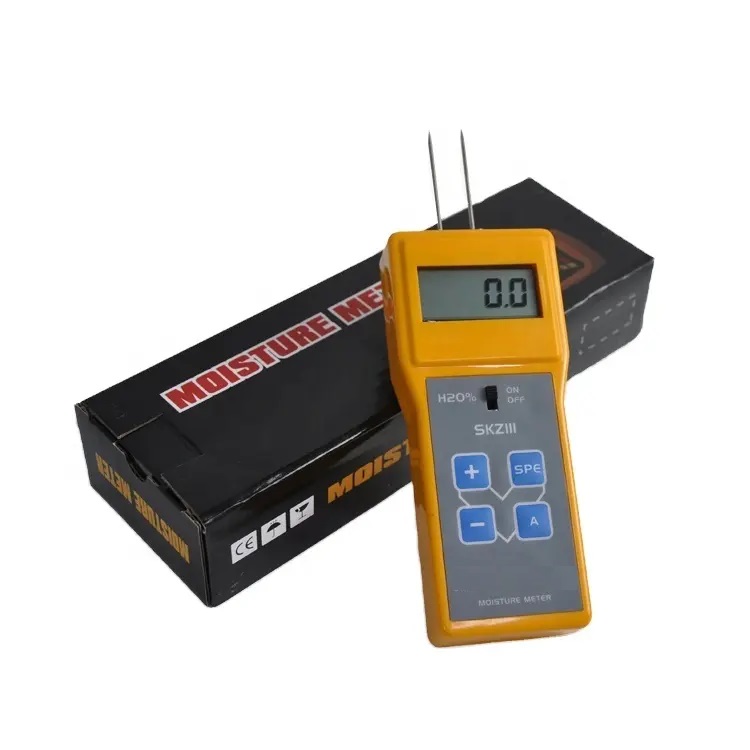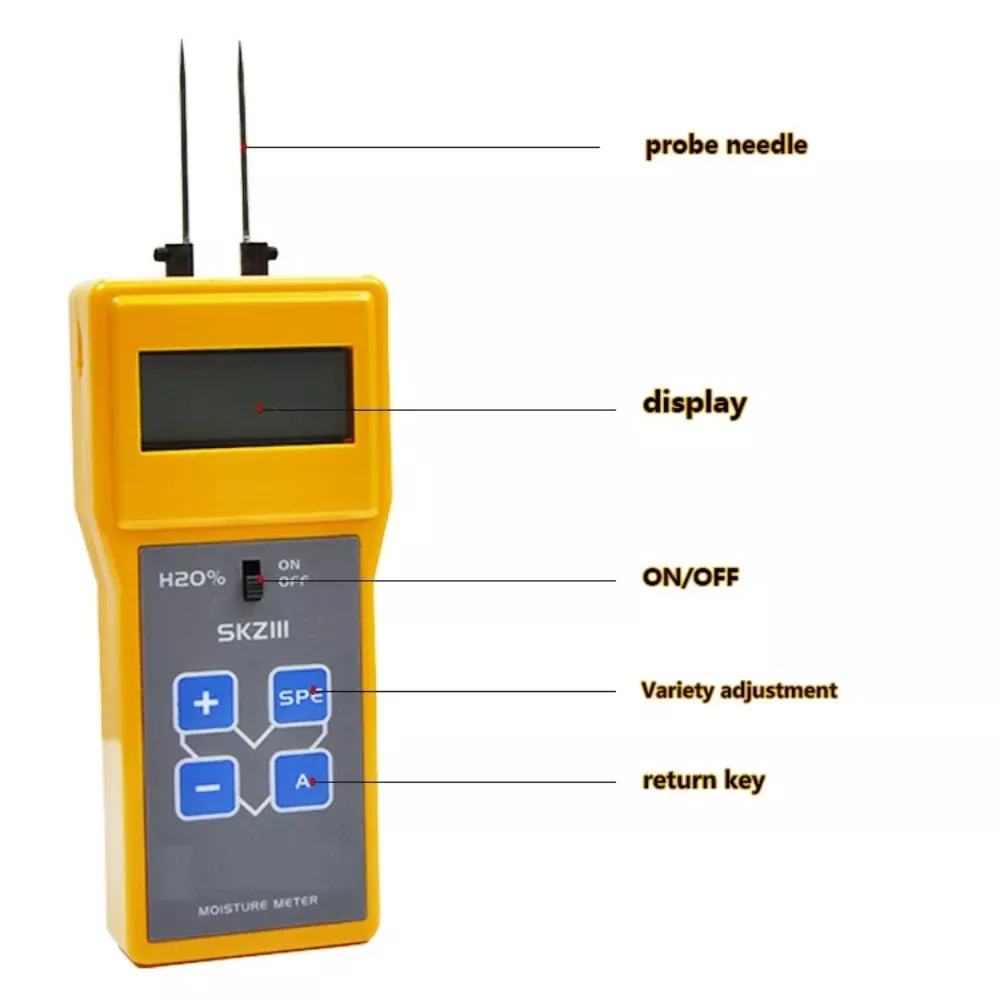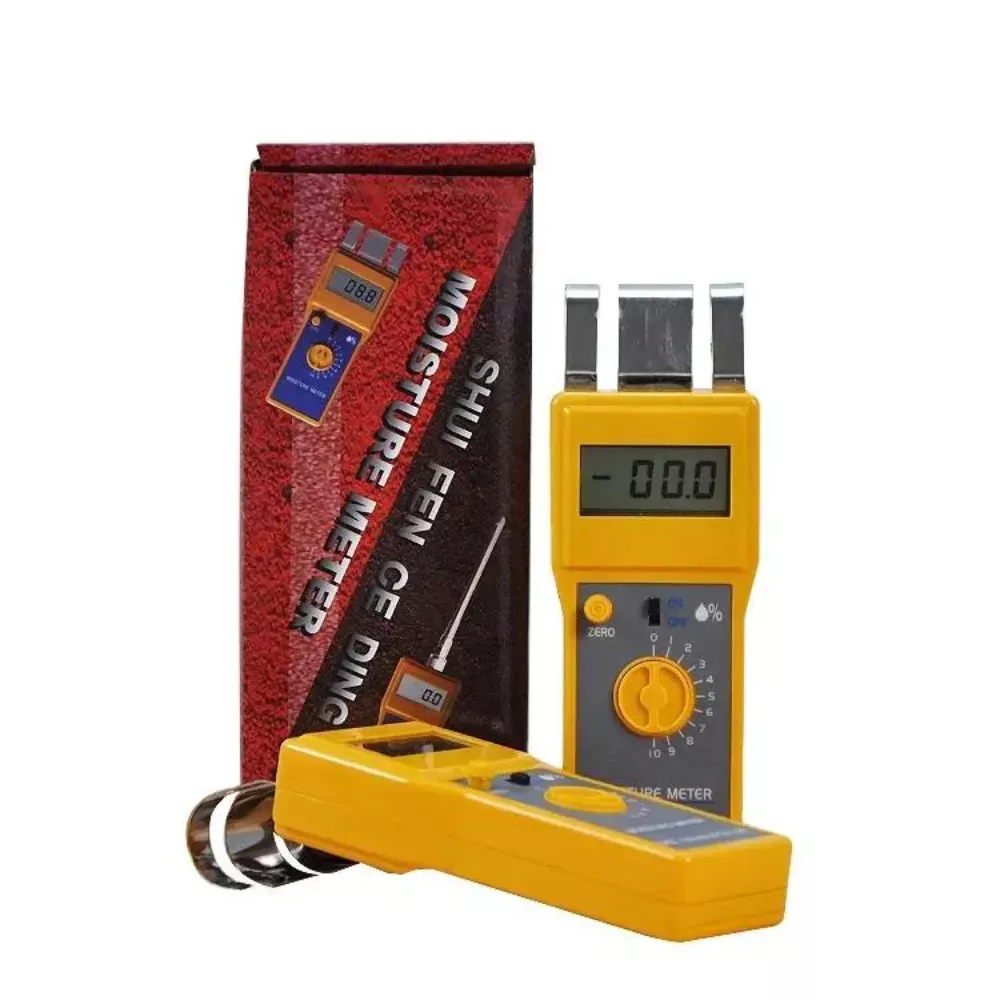
How to Navigate a Factory of Moisture Meters?
Table of Contents
Moisture meters play a vital role in manufacturing. These devices ensure product quality and prevent material degradation. Choosing the right moisture meter presents challenges. The market offers a vast array of options, each with unique features. Navigating a factory of moisture meters requires understanding specific needs and technical specifications. This blog guides you through this process, helping you make informed decisions.
Understanding the Factory of Moisture Meters
Pin-Type Moisture Meters
Pin-type moisture meters use two or more pins to penetrate the material. These meters measure electrical resistance between the pins. A higher moisture content results in lower resistance. Pin-type meters provide accurate readings at various depths. You can use them for materials like wood and drywall. Calibration is essential for different materials. Ensure the meter matches the material’s specifications for precise results.
Pinless Moisture Meters
Pinless moisture meters offer a non-invasive way to measure moisture. These meters use an electromagnetic sensor pad. You place the pad on the surface of the material. The sensor detects moisture levels without causing damage. Pinless meters are ideal for finished products or delicate surfaces. They provide quick surface readings. However, they may not be as accurate for deeper measurements.
All-in-One Moisture Meters
All-in-one moisture meters combine pin and pinless technologies. These meters offer versatility for various applications. You can switch between modes based on the material and measurement depth. All-in-one meters suit diverse factory environments. They provide flexibility and convenience. Consider these meters if you need a comprehensive solution.
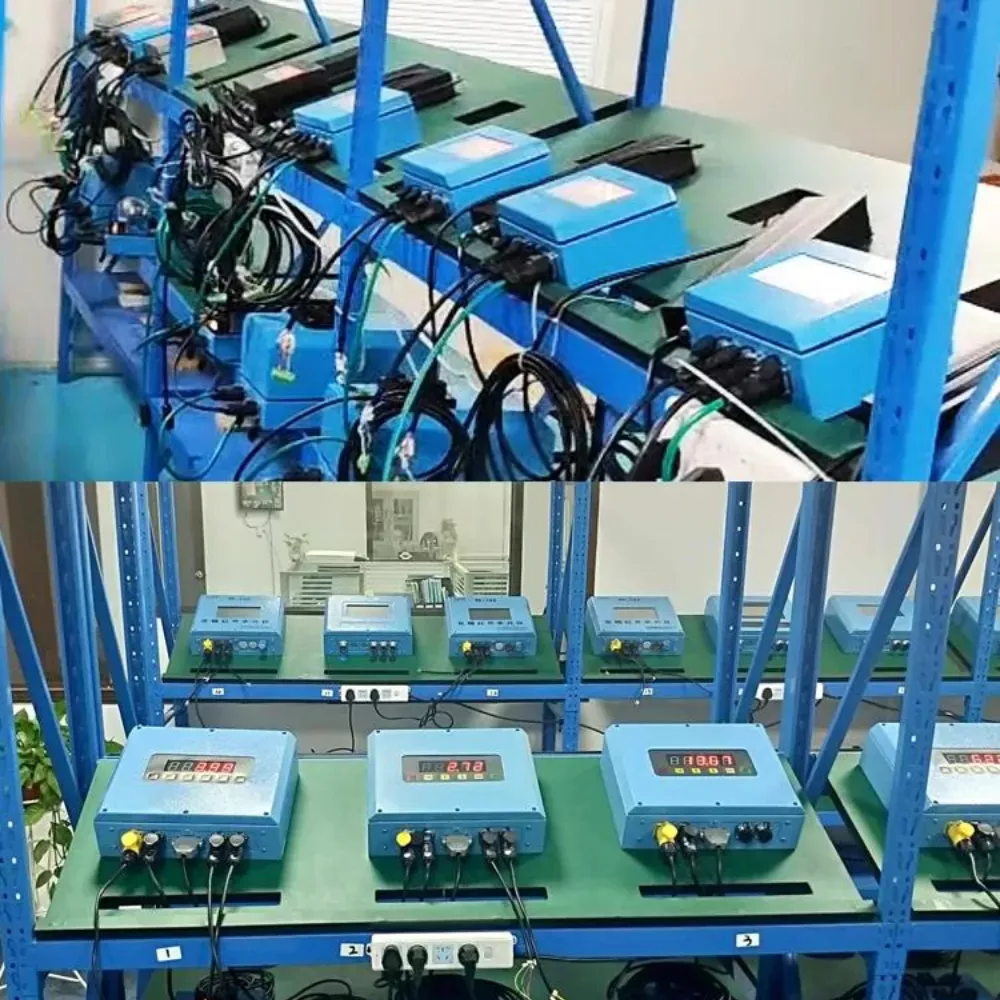
Key Features to Consider in a Factory Setting
Accuracy and Precision
Accuracy and precision are crucial in a factory of moisture meters. Reliable measurements ensure product quality and consistency. Look for meters with precision within 0.1%. Calibration plays a vital role in achieving accuracy. Regularly calibrate your meter to maintain its performance. Accurate meters help prevent material degradation and waste.
Measurement Range
Measurement range determines the scope of the meter’s capability. Different materials require different ranges. Choose a meter that suits the specific needs of your factory. A wide range offers versatility for various materials. Ensure the meter can handle the expected moisture levels. This feature helps optimize processes and improve efficiency.
Durability and Build Quality
Durability and build quality matter in a factory environment. Moisture meters endure frequent use and harsh conditions. Select meters with robust construction and reliable components. High-quality meters withstand wear and tear. Durable meters reduce maintenance costs and downtime. Invest in a meter that promises long-term reliability.
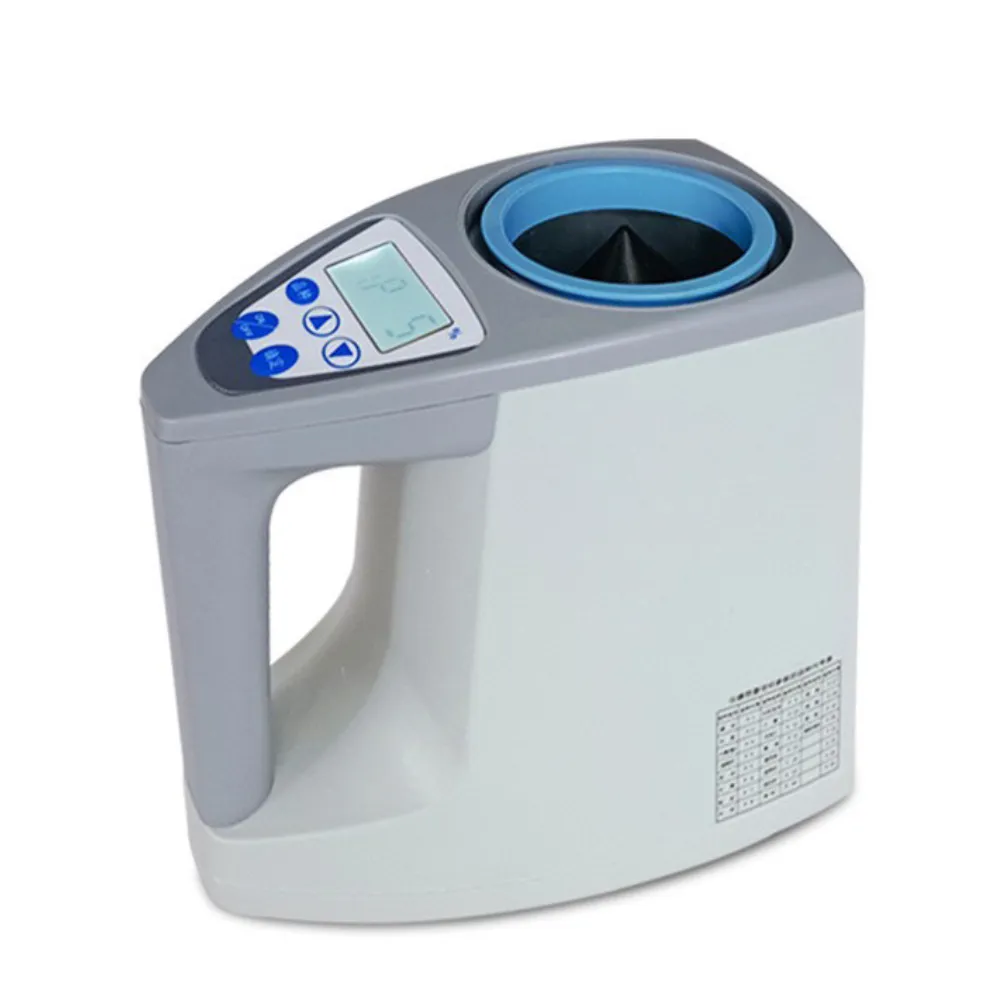
Applications of Moisture Meters in Factories
Moisture meters play a crucial role in factory settings. These devices help maintain product quality and optimize processes. Understanding how to use moisture meters effectively can enhance operations.
Quality Control in the Factory
Quality control ensures that products meet specific standards. Moisture meters assist in maintaining this consistency.
Ensuring Product Consistency
Product consistency matters in every manufacturing process. Moisture meters provide accurate readings of moisture content. Consistent moisture levels ensure uniformity in products. This uniformity leads to satisfied customers and fewer returns.
Preventing Material Degradation
Material degradation affects product quality. High moisture levels can cause materials to degrade. Moisture meters help detect excessive moisture early. Early detection prevents damage and extends the life of materials.
Process Optimization in the Factory
Process optimization improves efficiency and reduces costs. Moisture meters contribute significantly to this goal.
Reducing Waste
Waste reduction benefits both the environment and the bottom line. Moisture meters identify areas with excess moisture. Identifying these areas helps reduce material waste. Less waste means lower production costs and increased profitability.
Enhancing Efficiency
Efficiency boosts productivity and competitiveness. Moisture meters streamline processes by providing precise data. Accurate data allows for better decision-making. Better decisions lead to smoother operations and higher output.
A factory of moisture meters offers numerous advantages. These devices support quality control and process optimization. Proper use of moisture meters enhances factory performance. Investing in the right moisture meter pays off in the long run.
Choosing the Right Moisture Meter for Your Factory
Assessing Factory Needs
Material Types
Every factory deals with different materials. Some factories work with wood, while others handle textiles or food products. Each material has unique moisture measurement needs. Pin-type meters work well for wood and drywall. Pinless meters suit delicate surfaces like finished products. Experts in the industry suggest using both pin and pinless meters for comprehensive results. This approach ensures accurate moisture detection across various materials.
Environmental Conditions
Factories operate under diverse environmental conditions. Some factories face high humidity, while others deal with dry air. These conditions affect moisture levels in materials. Choose a moisture meter that performs well in your factory’s environment. A durable meter withstands harsh conditions. Reliable performance ensures consistent readings. Consistent readings help maintain product quality.
Budget Considerations for Factory Equipment
Cost vs. Value
Budget plays a crucial role in selecting equipment. Moisture meters vary in price. Some meters offer basic features, while others provide advanced options. Consider the value each meter brings to your operations. A higher-priced meter may offer better accuracy and durability. Accurate readings prevent material waste and product defects. Reduced waste leads to cost savings over time.
Long-term Investment
Investing in quality equipment benefits your factory in the long run. A durable moisture meter lasts longer and requires less maintenance. Fewer repairs mean less downtime. Less downtime boosts productivity and efficiency. The Delmhorst team advises reaching out for expert guidance. Expert advice helps you choose the right meter for your needs. The right choice enhances factory performance and profitability.
Choosing the right moisture meter is crucial for your factory’s success. The right tool ensures product quality and optimizes processes. You need to evaluate specific factory needs to make informed decisions. Consider material types and environmental conditions. Moisture meters impact manufacturing efficiency significantly. Accurate readings prevent waste and enhance productivity. Investing in a quality moisture meter leads to long-term benefits. Your factory will see improved performance and profitability. Make the right choice and see the positive changes unfold.

